#the road
Text


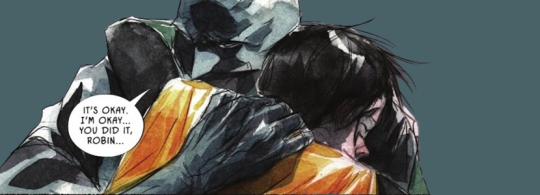

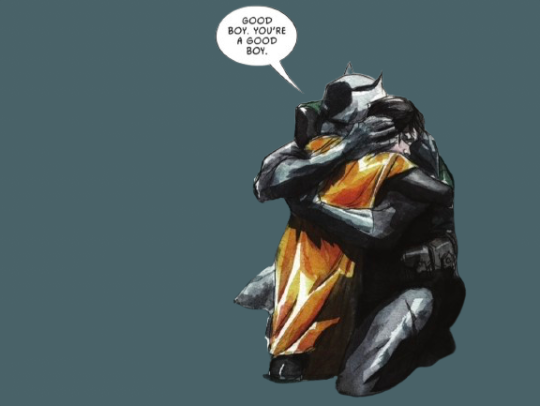
— The Road, Cormac McCarthy
#definitely didnt spend days thinking about this#definitely not crying over this#dick and bruce#they devastate me#cormac mccarthy#the road
440 notes
·
View notes
Text
Finally watched The Road and it's funny how much it gets compared to TLoU considering a) it's good and b) the father is actually a good father and person who doesn't treat his kid like a cross between a delivery package and a therapy dog
151 notes
·
View notes
Text
"Once there were brook trouts in the streams in the mountains. You could see them standing in the amber current where the white edges of their fins wimpled softly in the flow. They smelled of moss in your hand. Polished and muscular and torsional. On their backs were vermiculate patterns that were maps of the world in its becoming. Maps and mazes. Of a thing which could not be put back. Not be made right again. In the deep glens where they lived all things were older than man and they hummed of mystery."
The Road, Cormac McCarthy
255 notes
·
View notes
Photo




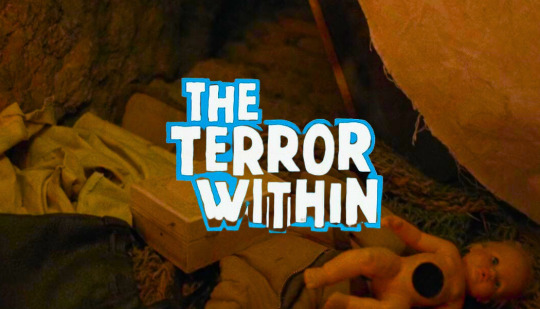
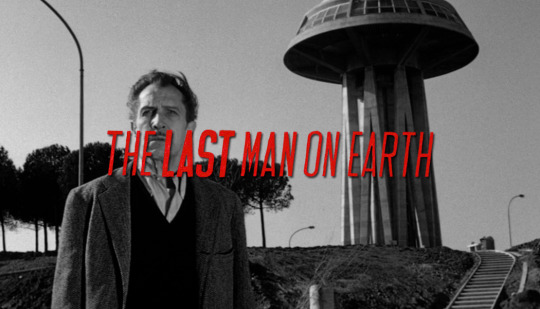
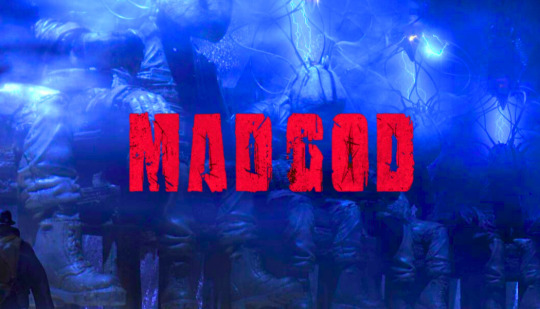
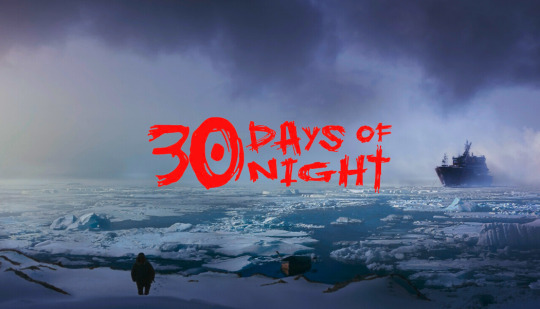
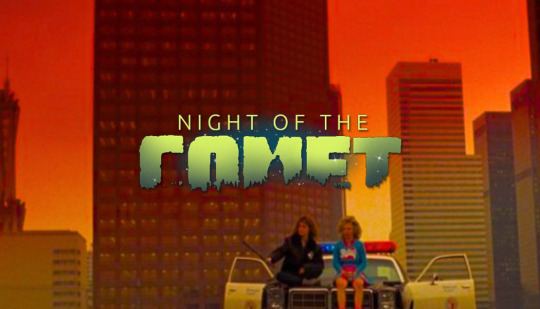
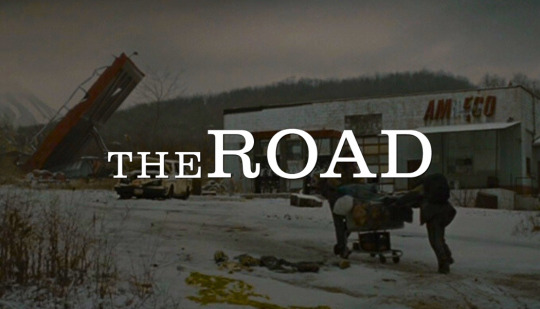
horror sub-genres • apocalyptic horror
apocalpytic horror is a subgenre in which the earth's (or another planet's) civilization is collapsing or has collapsed. and the surviving characters are forced to endure threats and remain alive.
#horror sub-genres#horror#horror movies#apocalyptic horror#i am legend#a quiet place#cloverfield#the void#the terror within#the last man on earth#mad god#30 days of night#night of the comet#the road#moviesedit#filmedit#horroredit#cinema
362 notes
·
View notes
Photo

R.I.P. Cormac McCarthy
262 notes
·
View notes
Photo




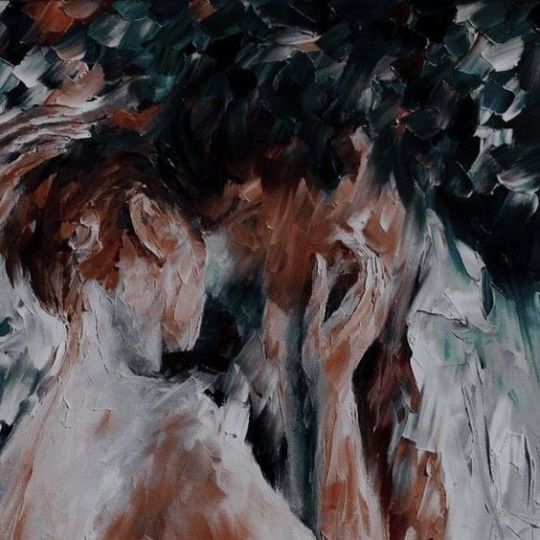
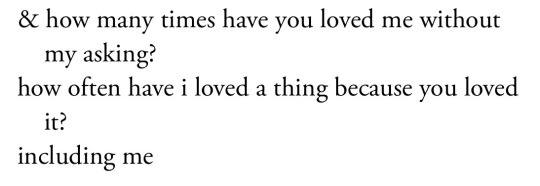
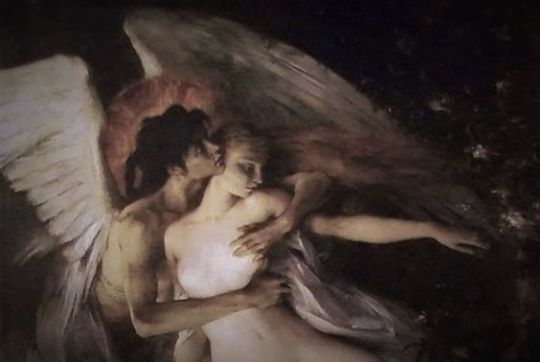



love as acceptance.
— romeo & lacey.
1. cormac mccarthy, the road // 2. kay nielsen, the chasm // 3. neil hilborn, a place where someone loves you // 4. unknown // 5. unknown // 6. danez smith, acknowledgments // 7. henri-léopold lévy, death and the maiden // 8. phoebe bridgers, savior complex // 9. unknown // 10. anne carson, h of h playbook
#web weaving#web-weaving#greek mythology#jenn edits#death#love#cormac mccarthy#the road#kay nielsen#the chasm#neil hilborn#a place where someone loves you#danez smith#acknowledgments#henri-leopold levy#death and the maiden#phoebe bridgers#savior complex#anne carson#h of h playbook#:weary:#lameo#feelings for them#big ones#on death#on love#hades#persephone#webweaving
440 notes
·
View notes
Photo
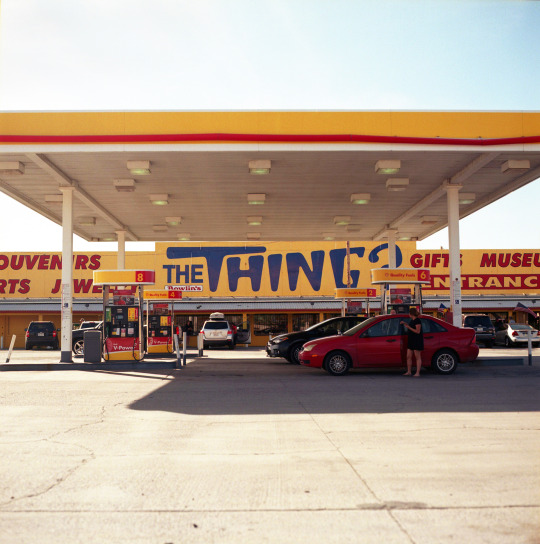
The Thing?
Arizona
All The Time In The World
Hasselblad 500c/m
Kodak Ektar 100iso
#The Thing?#The Thing#All The Time In The World#arizona#gas station#gas#travel#road trip#road#road sign#on the road#roadside attraction#The Road#pop art#sideshows#americana#america#photography#photo#photographers on tumblr#photographers directory#original photographers#photographerslife#photographer#film photography#film is not dead#film#color film#hasselblad 500c/m#Hasselblad
196 notes
·
View notes
Text
if u would ever like a more in depth analysis of my Autism: I quoted hamlet, the hannibal screenplay, and the succession screenplay all in a single essay on the AP Lit exam my senior year 👍
#wow thats awesome#i had lots of friends in high school#hannibal lecter#hannigram#nbc hannibal#will graham#dogs#hugh dancy#frederick chilton#ap lit#ap lang#the road#cormac mccarthy#hamlet#succession#roman roy#shakespeare#autism
88 notes
·
View notes
Text
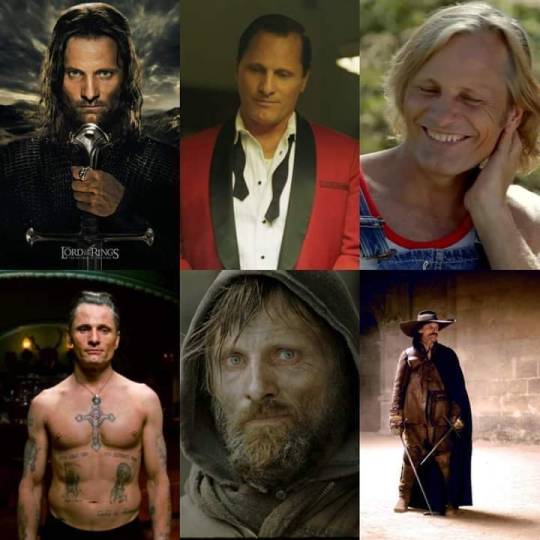
"I have at least a few stories that I feel proud of. Something to leave behind. I don't just want to look back and say:
'Oh, you know what? I was on the cover of this magazine.'
That's for silly people. And as far as money goes, there's a saying in Denmark:
'Your last suit doesn't have any pockets.'
Meaning, you can make a lot of money, but you can't take it with you."
- Viggo Mortensen.
18 notes
·
View notes
Text



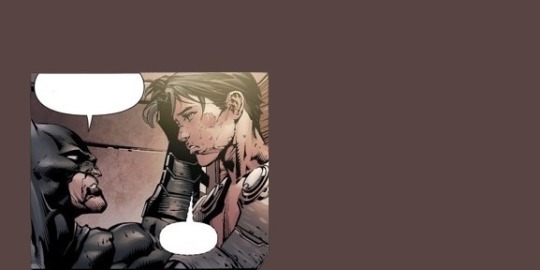

— Bruce and Dick || The Road by Cormac McCarthy
#back at it with my bruce and dick + the road parallels#I can't get it out of my freaking head#the devotion#the desperation#they're so so dear to me#dick grayson#bruce wayne#cormac mccarthy#the road#dc edit#forever evil
166 notes
·
View notes
Text

[Watkins Glen NY :: From my grandfather's photographs]
* * * * *
Once there were brook trout in the streams in the mountains. You could see them standing in the amber current where the white edges of their fins wimpled softly in the flow. They smelled of moss in your hand. Polished and muscular and torsional. On their backs were vermiculate patterns that were maps of the world in its becoming. Maps and mazes. Of a thing which could not be put back. Not be made right again. In the deep glens where they lived all things were older than man and they hummed of mystery.
—Cormac McCarthy, The Road (2006)
38 notes
·
View notes
Quote
Once there were brook trout in the streams in the mountains. You could see them standing in the amber current where the white edges of their fins wimpled softly in the flow. They smelled of moss in your hand. Polished and muscular and torsional. On their backs were vermiculate patterns that were maps of the world in its becoming. Maps and mazes. Of a thing which could not be put back. Not be made right again. In the deep glens where they lived all things were older than man and they hummed of mystery.
Cormac McCarthy, The Road
40 notes
·
View notes
Photo
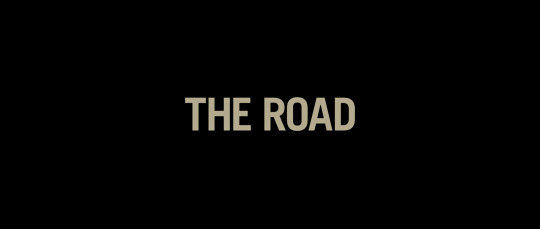
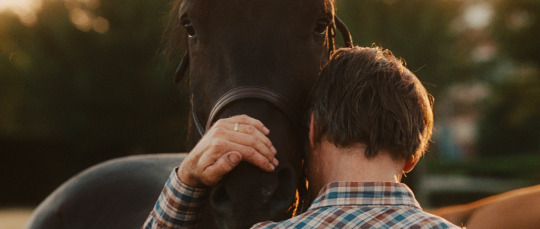
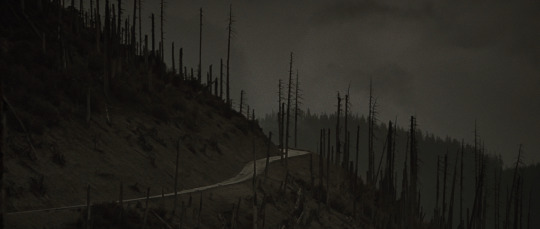
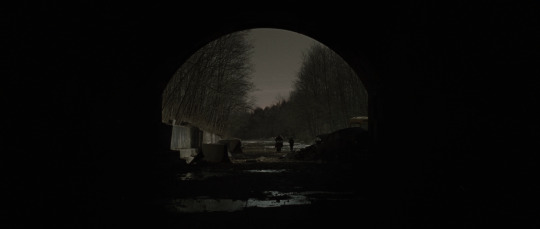

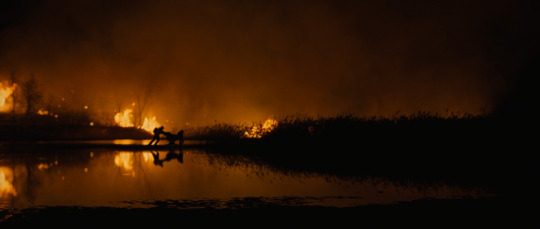
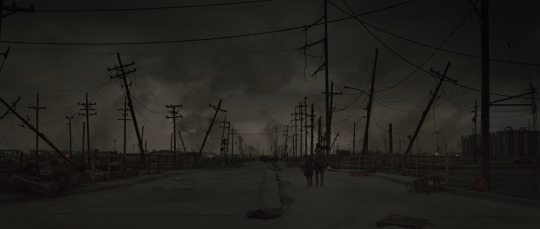
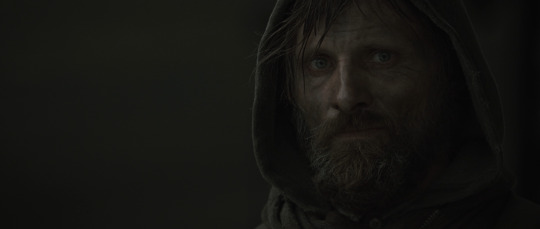
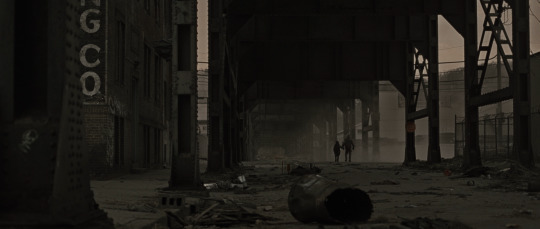
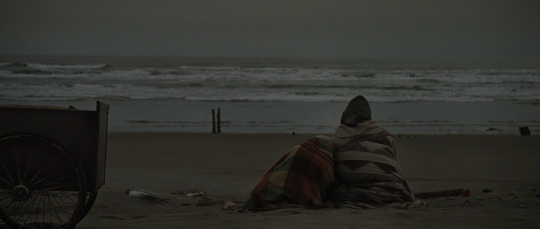
The Road (2009)
82 notes
·
View notes
Text

Why do you wait?
54 notes
·
View notes

